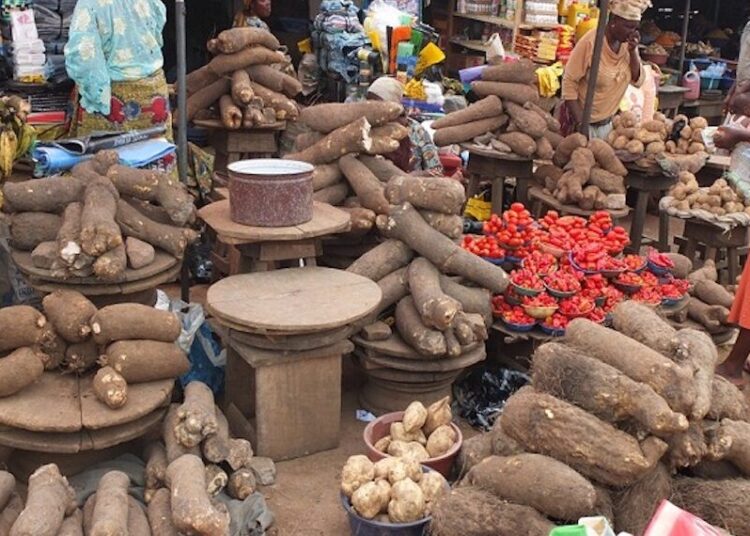More Nigerian food exports are rejected abroad, causing huge losses to exporters, National Agency for Food and Drug Administration and Control (NAFDAC), reports.
The agency said specifically that more than 70 per cent of food exported from Nigeria were rejected abroad.
The Director General of NAFDAC, Prof. Mojisola Adeyeye, reported but said the rejection in some European countries and the United States of America may soon become a thing of the past.
This would only happen if there was collaboration between the agency and other government agencies at ports is strengthened, she said.
According to a statement signed by NAFDAC’s Resident Media Consultant, Sayo Akintola, the NAFDAC boss made the assertion, over the weekend, at official commissioning of the new NAFDAC office complex for the Murtala Muhammed International Airport/Nigerian Aviation Handling Company Plc, Lagos.
Adeyeye said the deplorable state of export trade facilitation for regulated products leaving the country has remained a serious cause of concern for her agency.
She added that a trip to NAFDAC export warehouses within the international airport would explain the major reason for continued rejection of Nigerian exports abroad.
The agency is responding to the challenge by initiating a collaborative venture with government agencies at the ports, to ensure goods are of requisite quality and meet the regulatory requirements of importing countries and destinations.
According to her, this raises the need for more enhanced regulation of export-packaging, pre-shipment testing and certification, to provide quality assurance and minimise rejects.
To save Nigeria’s reputation in international commerce, Adeyeye called on all stakeholders in export trade to see this as a call to duty and collaborate with NAFDAC.
“The mandate to safeguard the health of the populace through ensuring that food, medicines, cosmetics, medical devices, chemicals and packaged water are safe, efficacious and of the right quality in an economy that is overwhelmingly dependent on importation of the bulk of its finished products and raw materials could never have been actualised without effective presence of NAFDAC at the ports and land borders.”
Also, she commended the Nigeria Customs Service (NCS) for the symbiotic relationship that exists between its management and the agency, saying:
“Without Customs, we will not be able to do a lot of what we have been able to do. The collaboration between Customs and NAFDAC is huge.”













